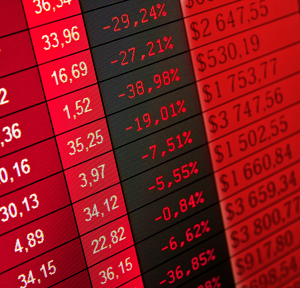Compliance
European Market Regulators Lift Short-Selling Bans

A number of continental European national regulators banned shorting as a measure to calm turbulent markets two months ago. The restrictions were due to expire yesterday.
As expected, European financial regulators lifted restrictions on
short selling from yesterday, ending a period during which the
practice had been banned to help calm markets as the coronavirus
pandemic hit investors two months ago.
The UK’s Financial
Conduct Authority had not imposed such a ban,
however.
The
European Securities and Markets Authority, the EU’s
securities markets regulator, yesterday said that the emergency
restrictions had been ended by the following national bodies:
Finanzmarktaufsicht (FMA) of Austria; Financial Securities and
Markets Authority (FSMA) of Belgium; Autorité des Marchés
Financiers (AMF) of France; Hellenic Capital Market Commission
(HCMC) of Greece; and Comisión Nacional del Mercado de Valores
(CNMV) of Spain.
The decision had echoes of similar moves by global regulators in
the autumn of 2008 to ban short selling and prevent disorderly
markets after the shock bankruptcy filing of Lehman
Brothers.
Shorting is the practice of borrowing a security, selling it in
the expectation that its price will fall and repurchasing it at a
set later date, in order to make a profit. During most market
conditions shorting enables investors and traders to make money
by taking a negative view of a security, and hedge their upside,
“long” positions. Short selling can be squeezed in tough markets
if providers of borrowed securities, such as prime brokers,
increase collateral requirements, aka margin calls.